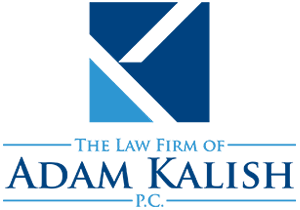Disputes between landlords and tenants don’t always end with a tenant’s death. The landlord has to claim part of the deceased tenant’s property, contact the estate’s executor, and complete other tasks. It starts by understanding the complex law in New York that defines a landlord’s rights and a tenant’s rights.
The issue of landlord rights after death
After the death of a tenant, it is assumed that the landlord is no longer responsible for any of the tenant’s assets or liabilities. In some states, the tenant’s lease is automatically terminated and his or her belongings must be removed within 30 days.
However, you may have rent that is still owed by the deceased tenant. You risk losing the payments that you are entitled to forever. However, there are laws to protect the rights of landlords and the claims they have to a tenant’s personal assets.
The law for landlord/tenant disputes
There are numerous laws designed to prevent as many landlord/tenant disputes as possible. Even so, many landlords and tenants end up in court over preventable matters like difficult evictions, property damages, unpaid rent, and harassment. After a tenant’s death, it seems like a dispute is over when it’s not, and the landlord should consider contacting an experienced lawyer who understands estate planning and has handled landlord/tenancy cases.
How landlords recover their losses
Most landlords understand only the basics of the legal system in which they work. They do not know about their rights to recover unpaid payments after a tenant dies. Every landlord who is seeking compensation must understand the complexity of the state’s tenancy law first.

